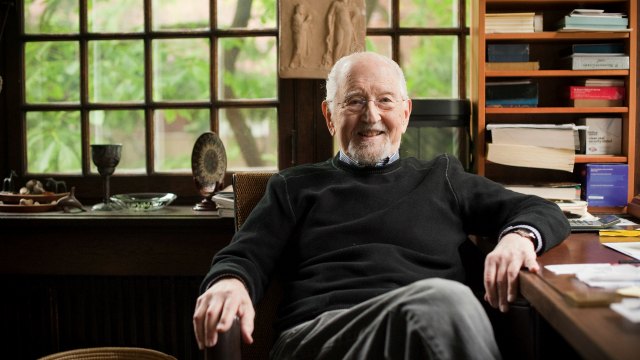 UNIVERSITY OF PITTSBURGHJulius Youngner, whose research with Jonas Salk at the University of Pittsburgh contributed to the polio vaccine, died at his home in Pittsburgh on April 27. He was 96.
UNIVERSITY OF PITTSBURGHJulius Youngner, whose research with Jonas Salk at the University of Pittsburgh contributed to the polio vaccine, died at his home in Pittsburgh on April 27. He was 96.
Among Youngner’s contributions were the development of a cell culture technique that allowed for scaling up production of the vaccine and the invention of a method for inactivating the virus.
“Dr. Youngner made monumental contributions to the field of virology,” Vincent Racaniello, a microbiologist at Columbia University, said in a statement. “For most, simply working with Jonas Salk on the development of the polio vaccine would be enough for a career; he also made important contributions to our understanding of the antiviral roles of interferon, cell culture, and other vaccines.”
Born in New York, Youngner studied English and biology at New York University, and then earned his masters and doctoral degrees from the University of Michigan. After working on the Manhattan Project with the US ...



















